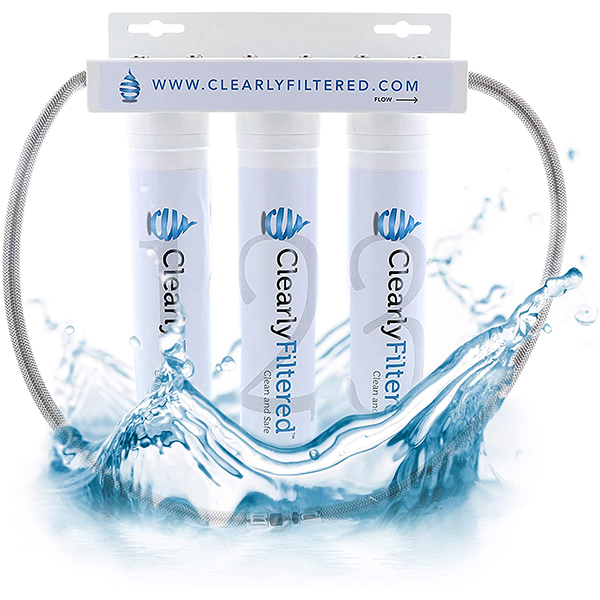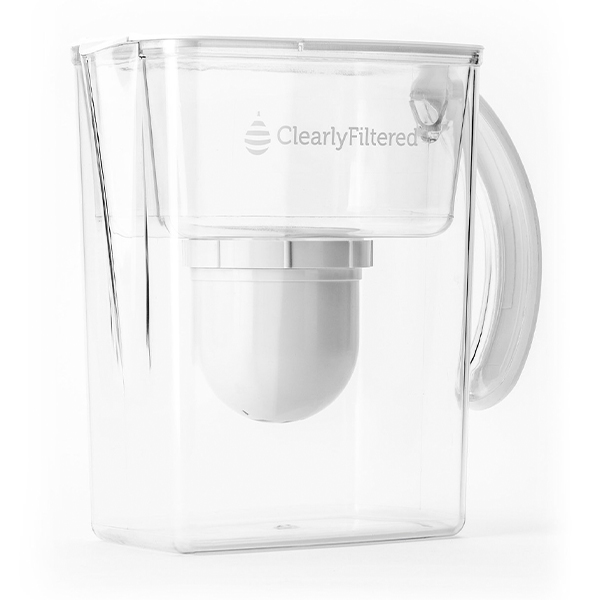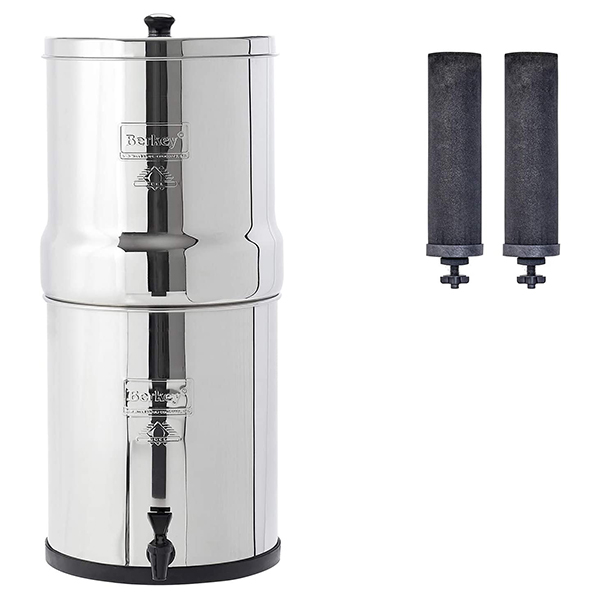The Quality Of Drinking Water Matters: Is Tap Water Safe?
Stephanie Gatschet
Drinking water is essential for our health and well-being, but we tend to worry more about how much we drink rather than the quality of what we’re putting into our bodies. When it comes to the water that comes out of our tap, the term “quality” gets a little murky.
In Los Angeles, tap water contains trace particles of arsenic, bromate from disinfectants, nitrates from fertilizers, trace pharmaceuticals, fluoride, and lead. Still, according to their website, despite having some contaminant levels that are well above the recommended health limits, “LA tap water is as clean to drink as bottled tap water.” So, while making sure you are hydrated is important, constantly filling your bellies with harmful contaminants can lead to disease and other long term health woes.
Even though tap water goes through its own filtration process, which varies by city, it often misses the mark. For example, in the United States, most cities add fluoride to their water. Small amounts of fluoride are safe, but in large doses, this chemical can cause joint pain, immune system dysfunction, bone fractures, and many hormone issues—like premature puberty, sperm decline, and fertility issues. When our babies and small children drink this water, their risk of exposure is significantly greater and can cause problems as they grow up.
The solution: Filter your water.
It might be tempting to just opt for bottled water, but that gets pricey and isn’t great for the environment. Though glass-bottled mineral water is an excellent choice from a health perspective, making this part of your daily routine can be detrimental to the ecosystem, especially when considering earth is quite literally running out of sand. Plastic water bottles, especially those made with PET plastic, are hormone disruptors that hurt our bodies and the environment and should always be avoided. Instead, opt for an at-home filtration system that guarantees purity, like the Berkey filter system, APEC water system, under the sink filter systems like this one from Clearly Filtered or water filter pitchers like this model.
When looking for the best solution, reverse osmosis systems and carbon-based filters can be effective and affordable options. Look for a system to filter out arsenic, chlorine, fluoride, lead, mercury, chromium 6, trihalomethane, PFOA, PFOS, VOCs, and glyphosate.
Reverse osmosis systems and carbon-based filters remove ions, molecules, and large particles from drinking water, including all the bad and the good. That means they are essentially eliminating all minerals, including electrolytes. These minerals play an important role in helping your cells utilize the water you drink so that your body is truly hydrated. To offset this, try adding a pinch of Celtic sea salt into your water or swap regular water for a fresh coconut to make sure you’re also getting your electrolytes.
Make sure the water you consume is free from potentially harmful chemicals and is rich in valuable minerals. Choose the filter that works best for your household. Your body will appreciate the change, and you’ll taste the difference, too.
Check which contaminants are detected in your local drinking water by visiting https://www.ewg.org/tapwater/.

Stephanie Gatschet MS, CNC, founder of BioVie Nutrition, is a clinical nutritionist and Certified Nutritional Chef based in San Diego, CA. She uses functional, holistic nutrition principles to create personalized plans honoring the unique bio-individuality and lifestyle of each client. She teaches meditation for adults and children at the Kadampa Meditation Center San Diego and elsewhere, and is mother to Vela (age 5).










